Your problem is related to the usage of localhost inside of containers. Check this to understand why localhost does not work in docker environments.
You need the ip of the server, in your case your laptop. If you start an app (any technology) at 5000, you can access it using localhost:5000 and if you know your ip: 192.168.1.10:5000
Try to get your local ip and use it directly on your axios invocation to validate if that is your problem.
If that was the mistake, the second level of improvement is to use environment variable in your nodejs to avoid hardcoded values. You could pass this value using your docker-compose
services:
comments:
build: ./comments
ports:
- "4201:4201"
posts:
build: ./posts
ports:
- "4200:4200"
environment:
- POSTS_API_BASE_DOMAIN=http://192.168.4.15:4201
depends_on:
- comments
And in your nodejs:
await axios.get(process.env.POSTS_API_BASE_DOMAIN+"/comments");
This strategy will allow you to use a public domain for real scenarios instead ips on your development or staging environments:
POSTS_API_BASE_DOMAIN=https://jan-tudan-post.com
As you see, networks or links is not required if you use the ip and prepares you to real environment in which microservices are deployed in different servers with its own ip or public domain
Deploy on another server
What happen if you need to deploy in another server. You will have to update the ip in your docker-compose or use a kind of script to get the ip and use a variable. Sample on linux:
export POSTS_API_BASE_DOMAIN="http://"$(hostname -I| awk '{printf $1}')
and in your docker-compose
environment:
- POSTS_API_BASE_DOMAIN=http://192.168.4.15:4201
Just for test or quickly deploy
If you don't want to mess up with ips and you just need a quicly deploy for a demo, you could use host.docker.internal. Check that section here
Recommend topics
